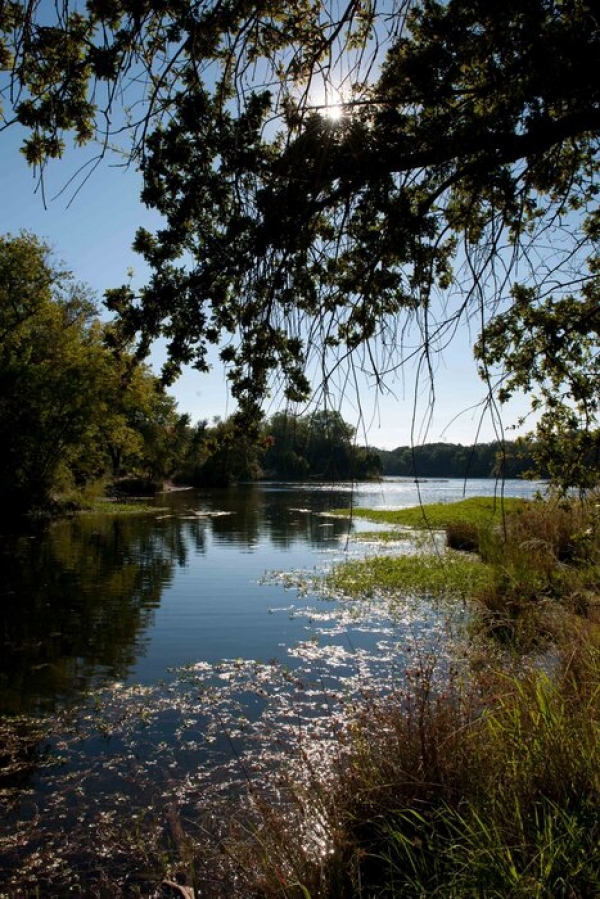The study highlights a changing climate's impact to water resources and recommends evaluating adaptation strategies to address these vulnerabilities to the water supply.
The American River Basin in central California expects to see increasing temperatures and a declining snowpack through the end of the 21st century. The Bureau of Reclamation released the American River Basin Study today, which also found an increased variability of fall and winter precipitation that will amplify the severity of droughts and flooding in the basin. The report is available on Reclamation's Basin Study website.
"Water management in the basin is expected to be more challenging in the future due to climate pressures that include warming temperatures, shrinking snowpack, shorter and more intense wet seasons and rising sea levels," said California-Great Basin Regional Director Ernest Conant. "We are excited for the partnerships and collaboration within the basin and look forward to working with them on the identified adaptation portfolios to address the vulnerabilities and maintain a balance between supply and demand in the basin."
The American River Basin Study found that maximum temperatures are projected to increase throughout the year, with the most significant increase of 7.3°F during the summer months by the end of the 21st century. While projections of average annual precipitation are uncertain, climate projections indicate a change in precipitation timing and variability. Precipitation is projected to be increasingly variable into the future with the timing of the moisture shifting with fall and spring precipitation declining and winter and summer precipitation increasing. In addition, the snowpack will decrease due to warming, moving the peak runoff by more than a month by the mid to late century.
Read more at Bureau of Reclamation
Image: The Lower American River near Sacramento California. (Credit: Bureau of Reclamation)


